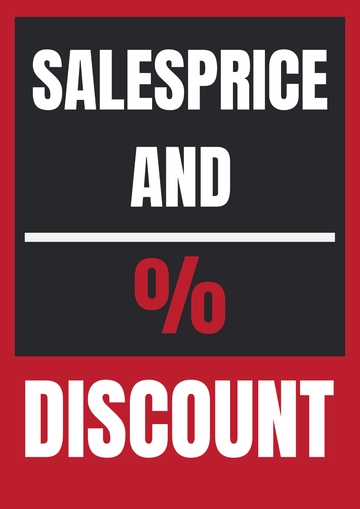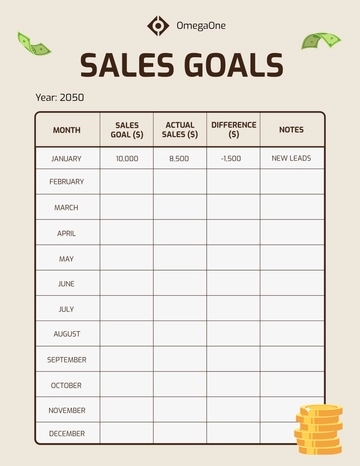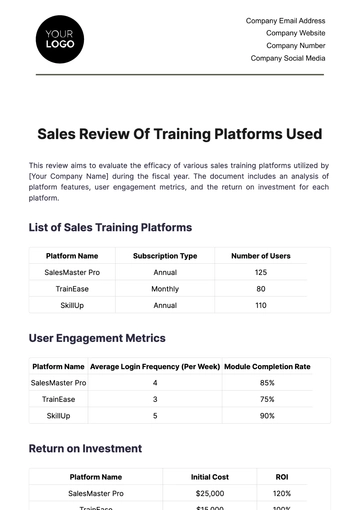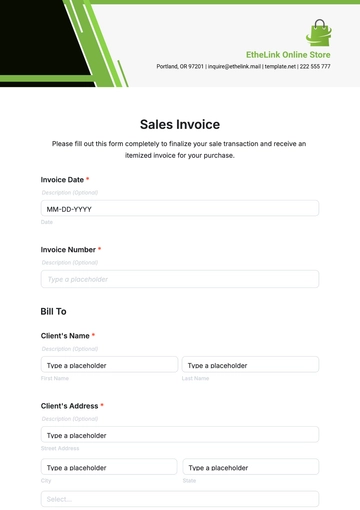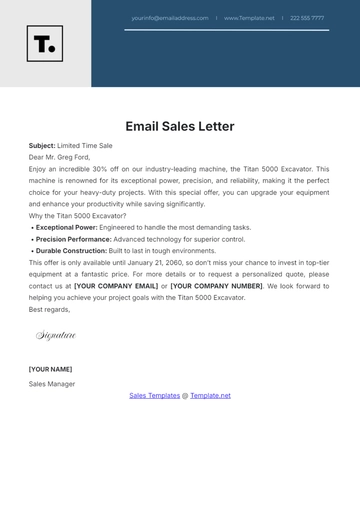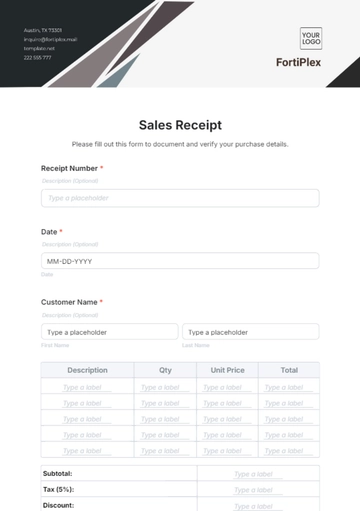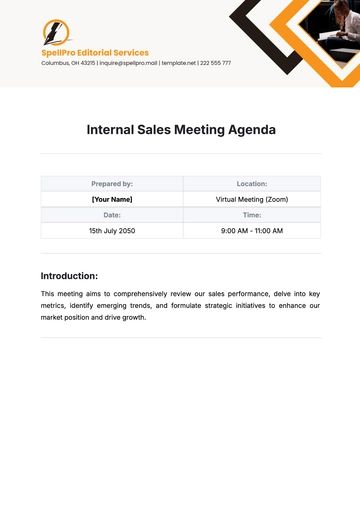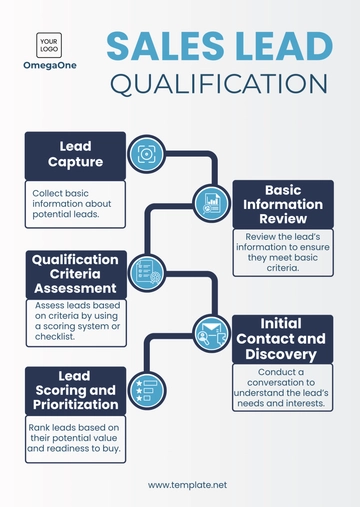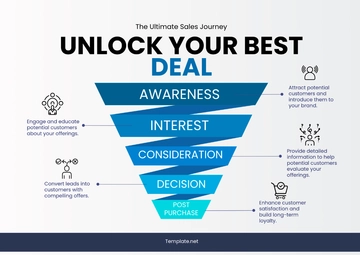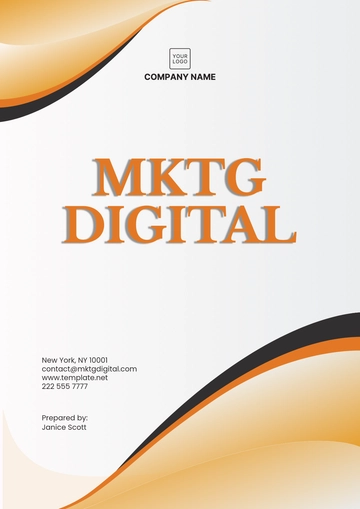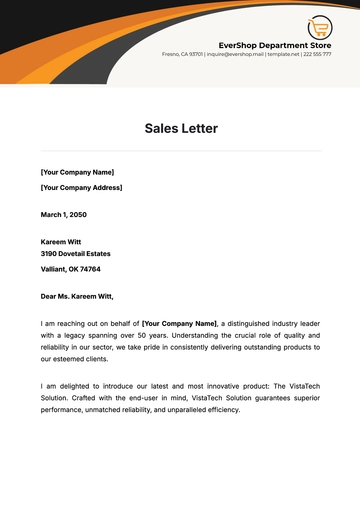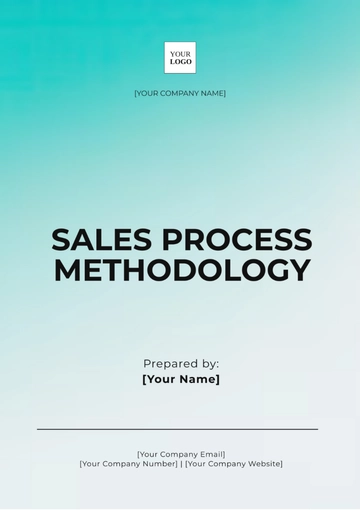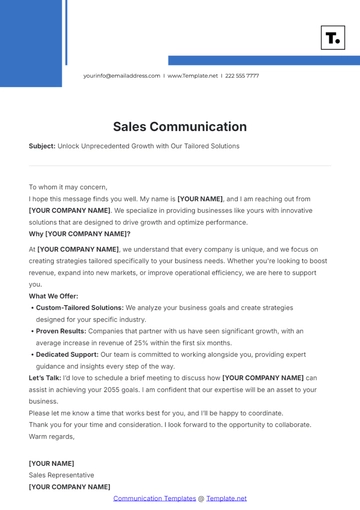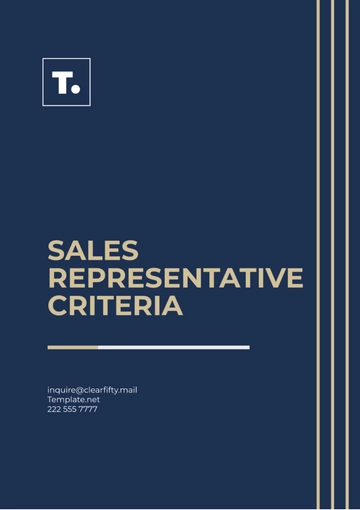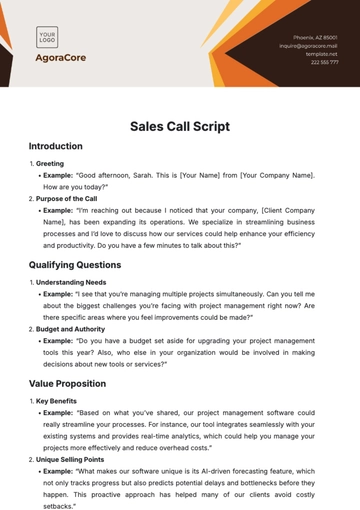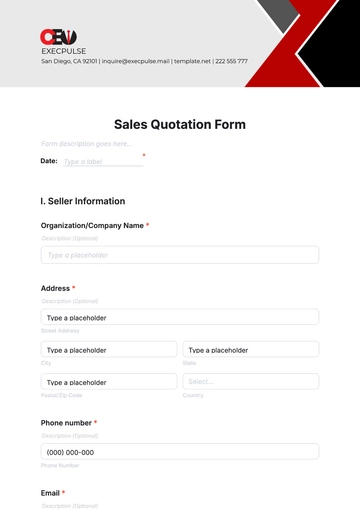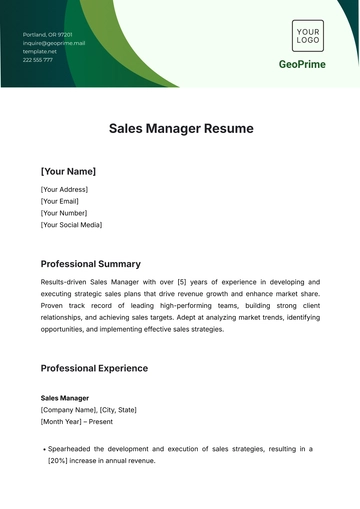Free Sales Guide on Frequently Asked Questions about Commissions and Incentives
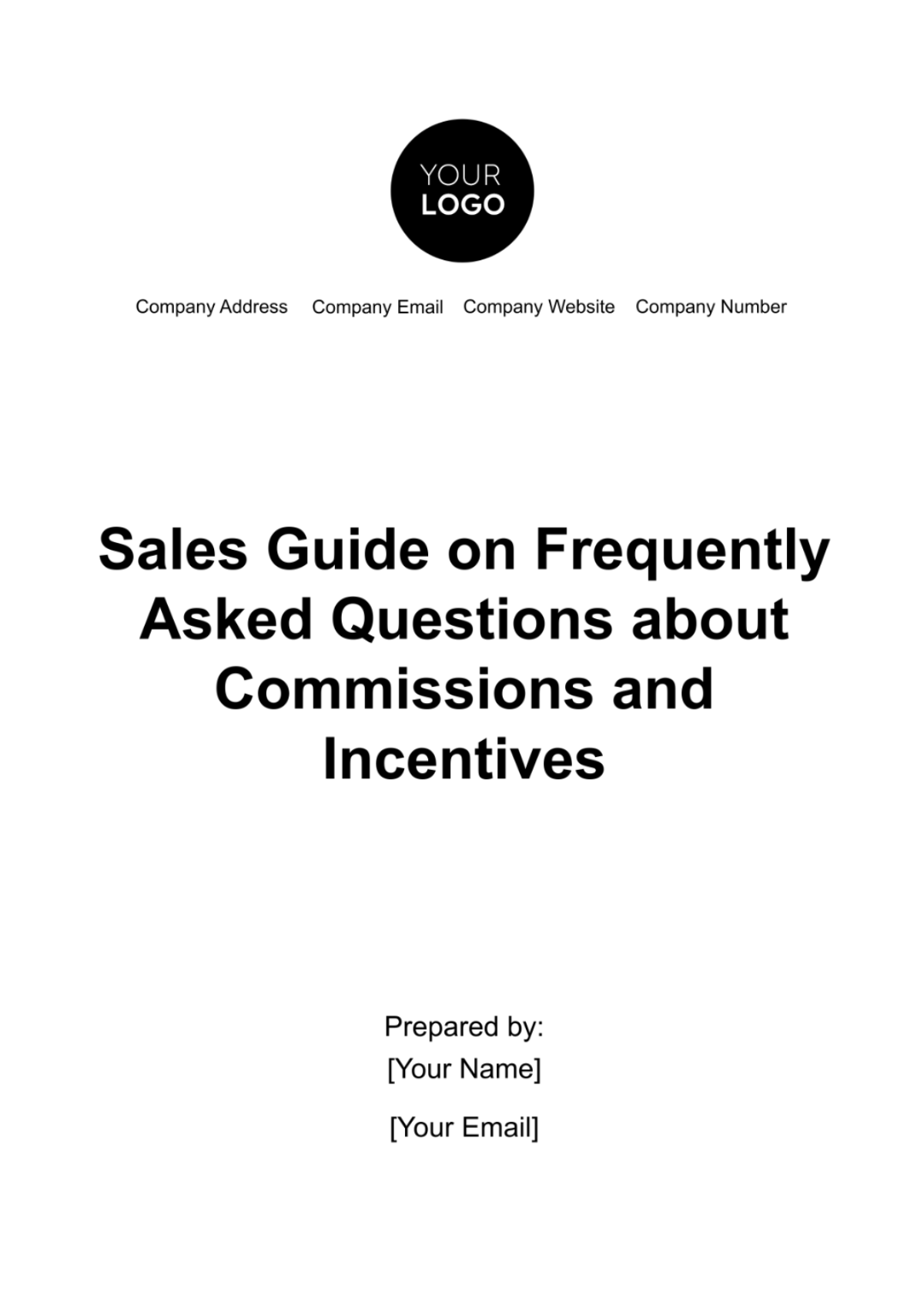
Welcome to our Frequently Asked Questions (FAQ) pamphlet, designed to provide answers to some of the most common queries about our commissions and incentive programs. We believe in transparency and clarity, and this guide aims to address your questions and concerns.
Understanding Commissions
Q1: What are commissions?
A: Commissions are a form of compensation based on an individual's or team's sales performance. They incentivize sales personnel to meet or exceed targets and drive revenue for the organization.
Q2: How are commissions different from a salary or base pay?
A: A salary is a fixed, regular payment, whereas commissions are variable and based on sales results. Commissions reward exceptional performance and vary depending on sales achievements.
Q3: Are commissions the same for all sales roles within the organization?
A: Commissions can vary based on the nature of the sales role. For example, inside sales representatives may have a different commission structure than field sales representatives. This variation is designed to align with the specific responsibilities of each role.
Q4: Are commissions taxable?
A: Commissions are generally considered taxable income. The specific tax treatment may vary by location and individual circumstances. It's advisable to consult a tax professional for personalized guidance.
Q5: Do commissions include any additional benefits, such as health insurance or retirement contributions?
A: Commissions are typically separate from additional benefits like health insurance and retirement contributions. These benefits are usually part of your base salary or compensation package. The structure of benefits may vary by company.
Q6: Can commissions be earned on all sales, or are there exclusions?
A: Commissions are typically earned on eligible sales. Some organizations may exclude specific types of sales, such as returns or internal transfers, from commission calculations. Details can be found in the company's commission policy.
Q7: Is there a minimum threshold for earning commissions?
A: Some companies set a minimum sales threshold that must be met before commissions are earned. The specific threshold, if applicable, will be outlined in the commission policy.
Q8: Are commissions paid only on closed deals, or are they also available for leads or prospects?
A: Commissions are usually earned on closed deals, where a sale has been successfully completed. Compensation for leads or prospects may be offered through different incentive programs or bonuses.
Q9: Can commissions be earned on both new customer acquisitions and repeat business with existing customers?
A: Commissions can be earned on both new customer acquisitions and repeat business with existing customers, depending on the company's commission structure and policies.
Q10: Do commissions vary by location or region?
A: Commissions may vary by location or region, especially in multinational organizations. Variations can account for differences in market conditions and cost of living. Commission details are typically available in company policies.
Incentive Programs
Q1: What are incentive programs?
A: Incentive programs are initiatives or bonuses that provide additional motivation for achieving specific goals. They can include rewards like bonuses, trips, or recognition for exceptional performance.
Q2: How can I participate in incentive programs?
A: Participation in incentive programs is typically based on meeting predefined criteria, such as sales targets, customer satisfaction scores, or other performance metrics. Consult your manager or the program guidelines for details.
Q3: Do incentive programs vary by department or role?
A: Yes, incentive programs can be tailored to different departments or roles within the organization. This customization ensures that the goals and rewards are relevant to the specific responsibilities and objectives of each role.
Q4: How often are incentive programs offered?
A: The frequency of incentive programs may vary. Some programs are ongoing, while others are introduced periodically, such as quarterly or annually. The specific schedule and nature of incentive programs are communicated by the company.
Q5: Can I participate in multiple incentive programs simultaneously?
A: In some cases, you may be eligible to participate in multiple incentive programs at the same time, provided you meet the criteria for each program. Check the program guidelines and consult with your manager for details.
Q6: Can I transfer or trade incentives with other employees?
A: Typically, incentive rewards are not transferable or tradable between employees. Incentives are designed to reward individual or team performance and are typically not exchangeable.
Q7: Are incentives paid out in cash or other forms of rewards?
A: Incentives can take various forms, including cash bonuses, travel rewards, gift cards, or other valuable items. The specific type of reward will be communicated in the program guidelines.
Q8: Can incentives be revoked or adjusted after they are awarded?
A: Incentives are usually awarded based on predefined criteria, and once awarded, they are typically not revoked. However, if any discrepancies or errors occur, they may be subject to adjustment.
Q9: Can I provide input on the design of future incentive programs?
A: Many organizations welcome employee input when designing incentive programs. You can often share your suggestions and feedback with your manager or through designated channels for consideration.
Q10: Are incentive programs aligned with company goals and values?
A: Yes, incentive programs are typically designed to align with the company's goals and values. They aim to motivate employees to achieve objectives that benefit the organization's overall mission and success.
Eligibility and Criteria
Q1: Who is eligible for commissions and incentives?
A: Eligibility can vary, but it typically includes sales representatives and sometimes managers. Eligibility is determined by job roles, performance, and adherence to company policies.
Q2: How are eligibility criteria determined?
A: Eligibility criteria are established based on the nature of the role and the desired outcomes. These criteria are set in a way that aligns with company goals, industry standards, and fair practices.
Q3: Can eligibility criteria change over time?
A: Yes, eligibility criteria can be adjusted based on changing business needs and performance expectations. Any changes to eligibility criteria are typically communicated transparently.
Q4: Is there a minimum tenure requirement for eligibility?
A: The company may have specific requirements, such as a minimum tenure, for certain incentive programs. These requirements are communicated in the program guidelines.
Q5: Are there any educational or certification requirements for eligibility?
A: Certain incentive programs may require specific educational qualifications or certifications. The eligibility criteria for such programs are communicated in advance.
Q6: Can employees with different roles have different eligibility criteria for the same program?
A: Yes, employees with different roles may have varying eligibility criteria for the same program. This is to ensure that the criteria align with the responsibilities and expectations of each role.
Q7: Is performance the only factor that determines eligibility for commissions and incentives?
A: Performance is a primary factor in determining eligibility, but other factors, such as tenure, certifications, or specific achievements, may also play a role in determining eligibility for certain programs.
Q8: Can employees who exceed their targets receive additional incentives or recognition?
A: Yes, employees who consistently exceed their targets may be eligible for additional incentives, bonuses, or special recognition. High performers are often rewarded for their exceptional contributions.
Q9: Can I appeal if I believe I meet the criteria but was deemed ineligible?
A: Yes, there is often a process in place for appealing eligibility decisions. You can reach out to your HR department or consult the company's policies for details on the appeal process.
Q10: How can I stay informed about changes in eligibility criteria?
A: It's important to regularly review program guidelines and company policies to stay informed about changes in eligibility criteria. Your HR department and management team may also provide updates and notifications.
Payment and Calculation
Q1: How often are commissions paid?
A: Commissions are usually paid on a regular basis, such as monthly or quarterly, but payment frequencies can vary. The specific schedule is outlined in the company's commission policy.
Q2: How are commissions calculated?
A: Commissions are calculated based on a predetermined formula that considers factors like sales volume, product type, and performance against targets. Detailed calculations are outlined in the commission policy.
Q3: Are there different commission structures for different products or services?
A: Yes, commission structures can vary based on the product or service being sold. Products or services with different pricing or profitability may have distinct commission rates.
Q4: Can commissions be clawed back or adjusted after they have been paid?
A: In certain cases, commissions may be subject to adjustment or clawback if, for example, a sale is later canceled or a refund is issued. Such adjustments are made to maintain fairness and accuracy.
Q5: Are commissions paid in a lump sum or as part of regular payroll?
A: Commissions can be paid in various ways. Some companies pay commissions as a lump sum, while others include them in regular payroll. The payment method will be communicated by the company.
Q6: Are there any deductions from commissions, such as taxes or fees?
A: Commissions are generally subject to taxation. Deductions for taxes and other fees may apply. The exact deductions are based on local tax laws and regulations.
Q7: Can I track my commission earnings in real-time?
A: Many organizations provide tools or systems that allow employees to track their commission earnings in real-time. This enables you to monitor your performance and earnings.
Q8: Is there a cap on the amount of commissions I can earn?
A: Some companies may have a cap on the maximum commission an employee can earn within a specific period. The existence of a cap, if any, will be specified in the commission policy.
Q9: Can I receive commissions even if I work part-time or remotely?
A: The eligibility for commissions is often based on your role and performance, rather than your work schedule or location. Part-time and remote employees can still earn commissions if they meet the criteria.
Q10: What should I do if I have questions about my commission calculations or payments?
A: If you have questions about your commission calculations or payments, reach out to your HR or finance department. They can provide clarification and assistance with any concerns or inquiries.
Performance and Targets
Q1: What performance targets do I need to meet to earn commissions?
A: Performance targets are typically set by your manager or as per company policies. These targets can vary based on your role, sales territory, and product focus.
Q2: How can I track my performance and progress toward meeting targets?
A: Performance tracking tools and regular performance discussions with your manager can help you gauge your progress and take corrective actions if needed.
Q3: What happens if I don't meet my performance targets?
A: If you do not meet your performance targets, it may impact the amount of commission or incentives you receive. It's important to discuss your performance with your manager and seek guidance on how to improve.
Q4: Can I receive performance feedback and guidance to help me meet targets?
A: Yes, your manager or a mentor within the organization can provide feedback and guidance to help you improve your performance and achieve your targets. Regular performance discussions are encouraged.
Feedback and Adjustments
Q1: Can I provide feedback on the commission and incentive programs?
A: Yes, your feedback is valuable. Most organizations encourage input from their sales teams to make improvements. Utilize the feedback channels provided to share your thoughts.
Q2: Do commissions and incentives ever change?
A: Commissions and incentives can change, usually to adapt to evolving business environments or to better motivate and reward performance. These changes are typically communicated transparently.
Q3: How can I suggest changes to the commission or incentive structure?
A: You can suggest changes by providing feedback to your manager or through the designated feedback channels. Your input is considered when evaluating potential improvements.
Q4: Is there a process for appealing commission or incentive-related decisions?
A: Yes, there is often a process in place for appealing decisions related to commissions and incentives. You can reach out to your HR department or consult the company's policies for details on the appeal process.
We hope this FAQ pamphlet has provided answers to your questions and clarified any doubts you may have had about commissions and incentives. If you have any further questions or require more information, please reach out to your manager or the HR department. Your success is our priority, and we're here to support your growth and achievements.
- 100% Customizable, free editor
- Access 1 Million+ Templates, photo’s & graphics
- Download or share as a template
- Click and replace photos, graphics, text, backgrounds
- Resize, crop, AI write & more
- Access advanced editor
Enhance your team's understanding with the Sales Guide on Frequently Asked Questions about Commissions and Incentives Template from Template.net. This editable and customizable template addresses common queries, clarifying your commission and incentives policy. Utilize our AI Editor tool to tailor the guide to your specific practices, ensuring your sales force is well-informed and motivated.


